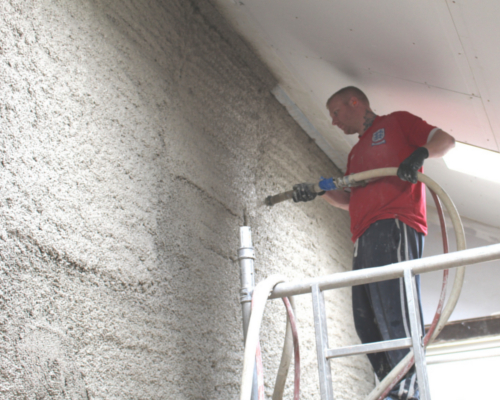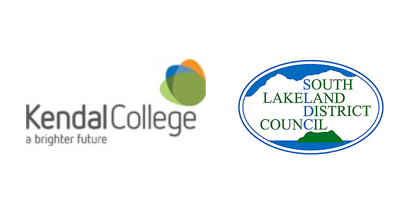
Retrofitting for energy efficiency - building fabric
This two-part course is especially for construction professionals involved in renovating existing buildings, and householders with the same technical knowledge as professionals. It's ideal for:
- Building surveyors
- Building control officers
- Architects
- Other building professionals
- Academic staff
- Heating engineers
- Property developers
It’s a chance to update your existing knowledge and learn about building techniques and materials used to make properties more energy efficient and resilient to extreme weather like flooding.
This course is CPD accredited.
What the course covers
This course will give you with detailed knowledge on refurbishing and improving buildings to make them more sustainable, reducing energy consumption and improving energy efficiency.
It covers domestic and non-domestic buildings, and the main focus is on traditionally-built homes (e.g. solid-wall houses built before 1920).
The course will help you make decisions about materials to use for different types of properties, depending on the way they were built and their location.
These factors are particularly important for choosing the right types of insulation, render and pointing, for example, to provide clients with warm, damp-free homes.
Course topics
Understanding the building fabric is key to upgrading it effectively. You’ll gain an understanding of the differences between modern construction and older buildings, the fundamentals of the behaviour of moisture in the different building types and the options for thermal improvement.
The course considers what these differences are and how current best practice treats them.
- Difference between modern and traditional construction – definitions, building types and materials
- Moisture movement and vapour permeability – liquid and vapour movement, capillarity, porosity, hygroscopicity, condensation risk analysis and hygrothermal modelling
- Insulation, thermal resistance and u-values and thermal mass
- Insulation types and their installation – recognise factors and information sources in specifying internal versus external wall insulation, vapour open vs vapour closed, risks to the building and occupants and ease of installation.
- How thermal performance is measured, including an understanding of the calculation of U-values and the consequences of thermal mass
- Issues raised from recent insulation projects including some key social housing projects
Course level
The course is at a Level 4, meaning that the content is similar in level to a module of a university bachelor’s degree.
Date
This course consists of two evening sessions, on Wed 8 May and Tue 14 May, from 6pm to 9pm. Delegates should attend both sessions.
Price
The course is priced at just £30, thanks to support from South Lakeland District Council and Kendal College. This subsidised price includes both evening sessions.
Location
Kendal College
Trainer
James Innerdale, from Crosby Granger Architects. James is a highly experienced architect specialising in the repair, conservation and adaptation of buildings.
Accessibility
Kendal College is wheelchair accessible and disabled parking is available.
Other information
There are just 25 places on this course. If it’s oversubscribed, we’ll need to give priority to those from South Lakeland.
Please book online now. If you have any questions, please contact CAfS: [email protected] or 01768 210276.
Refreshments will be provided.
Supported by

Milnthorpe Road
Kendal, LA9 5AY
United Kingdom
| Adult | £30.00 |
| Donation |
